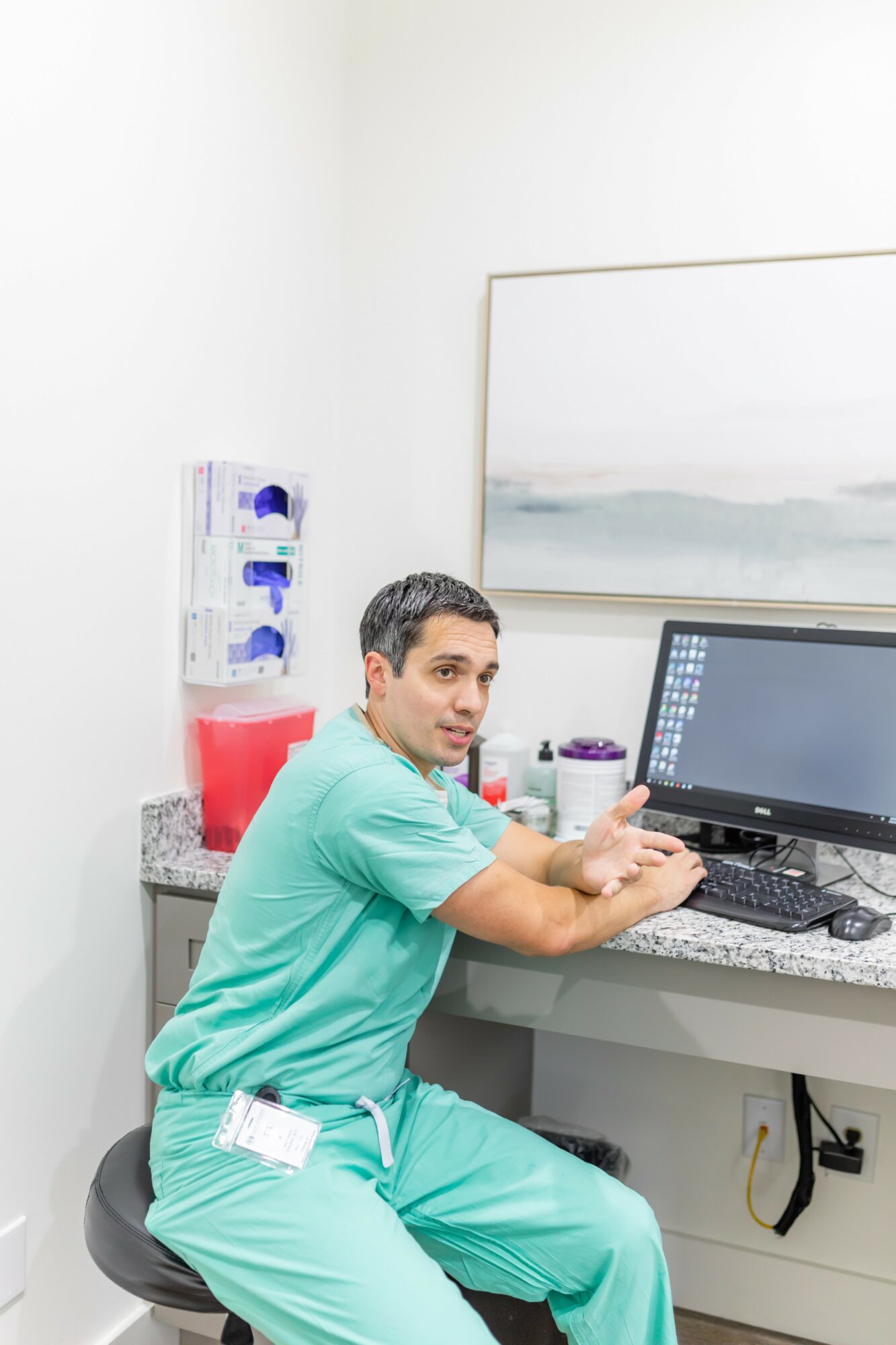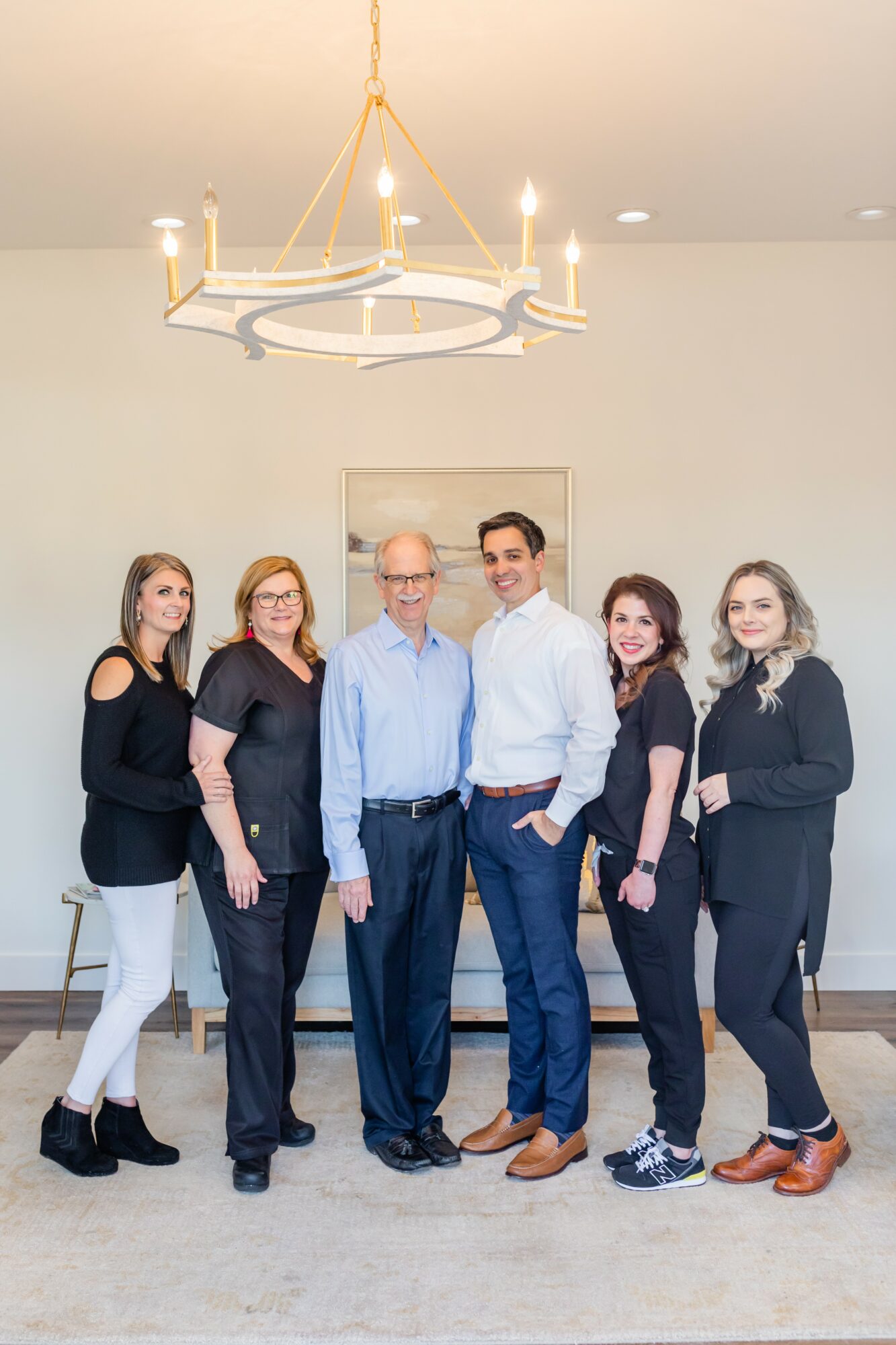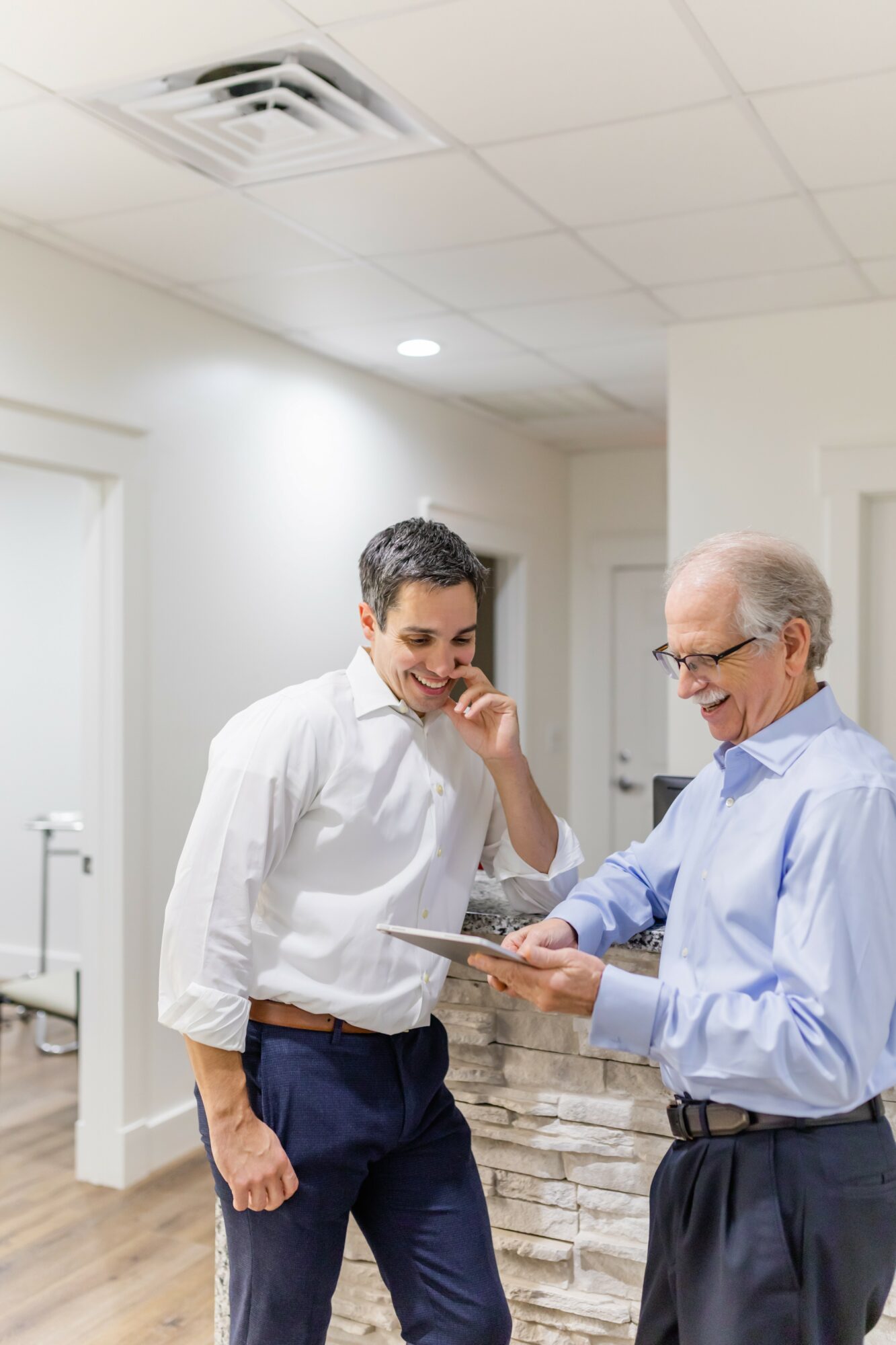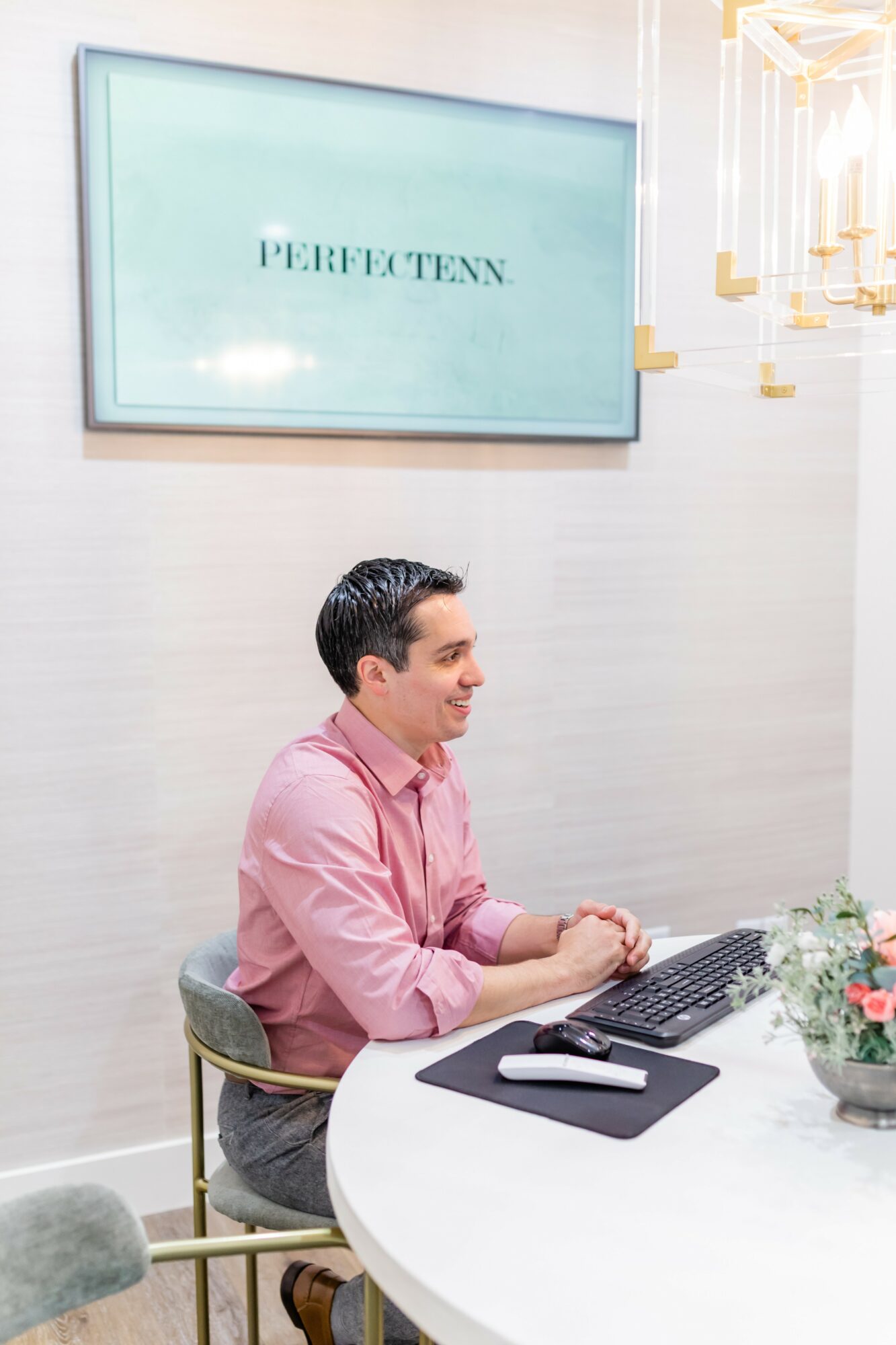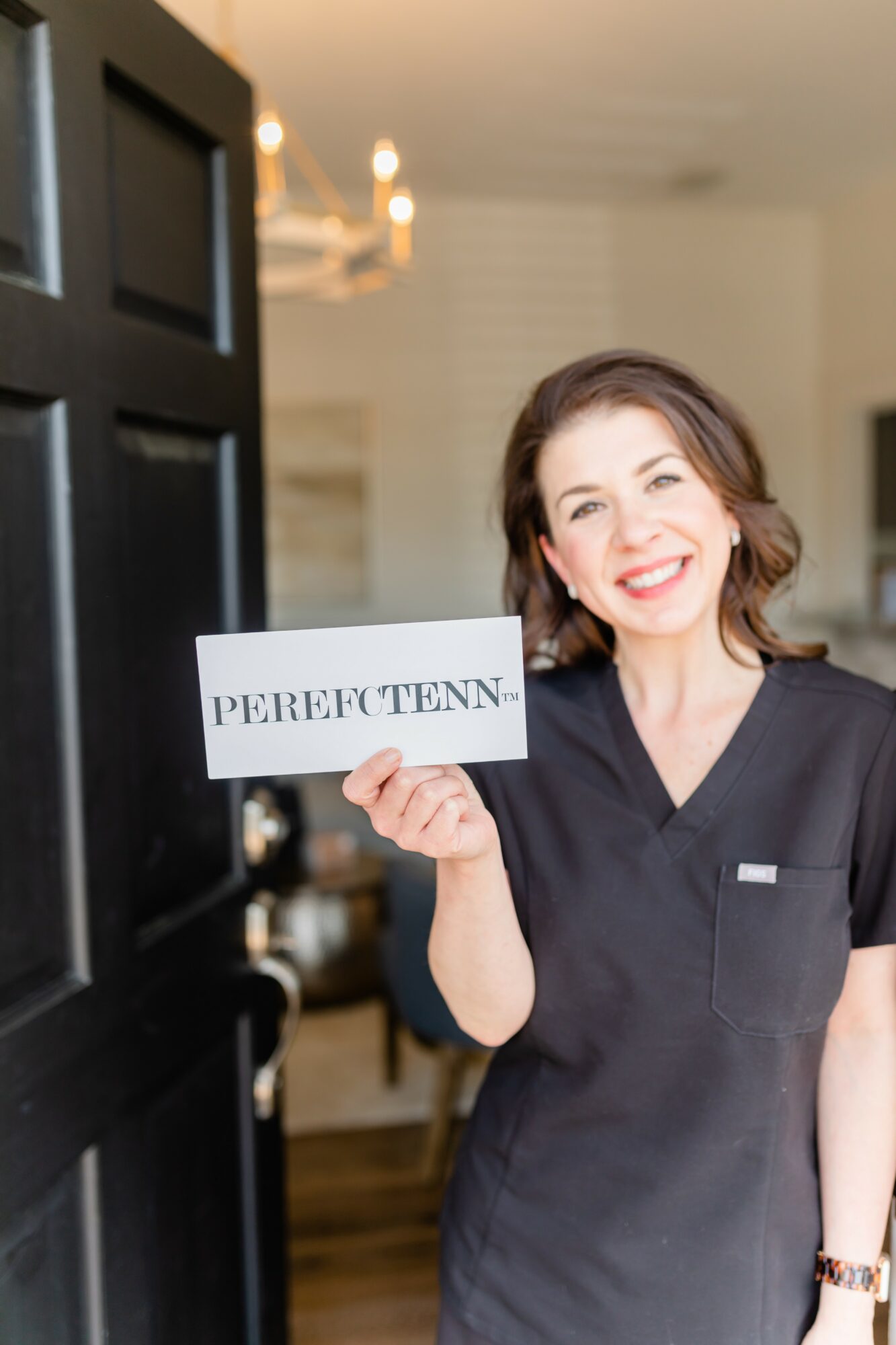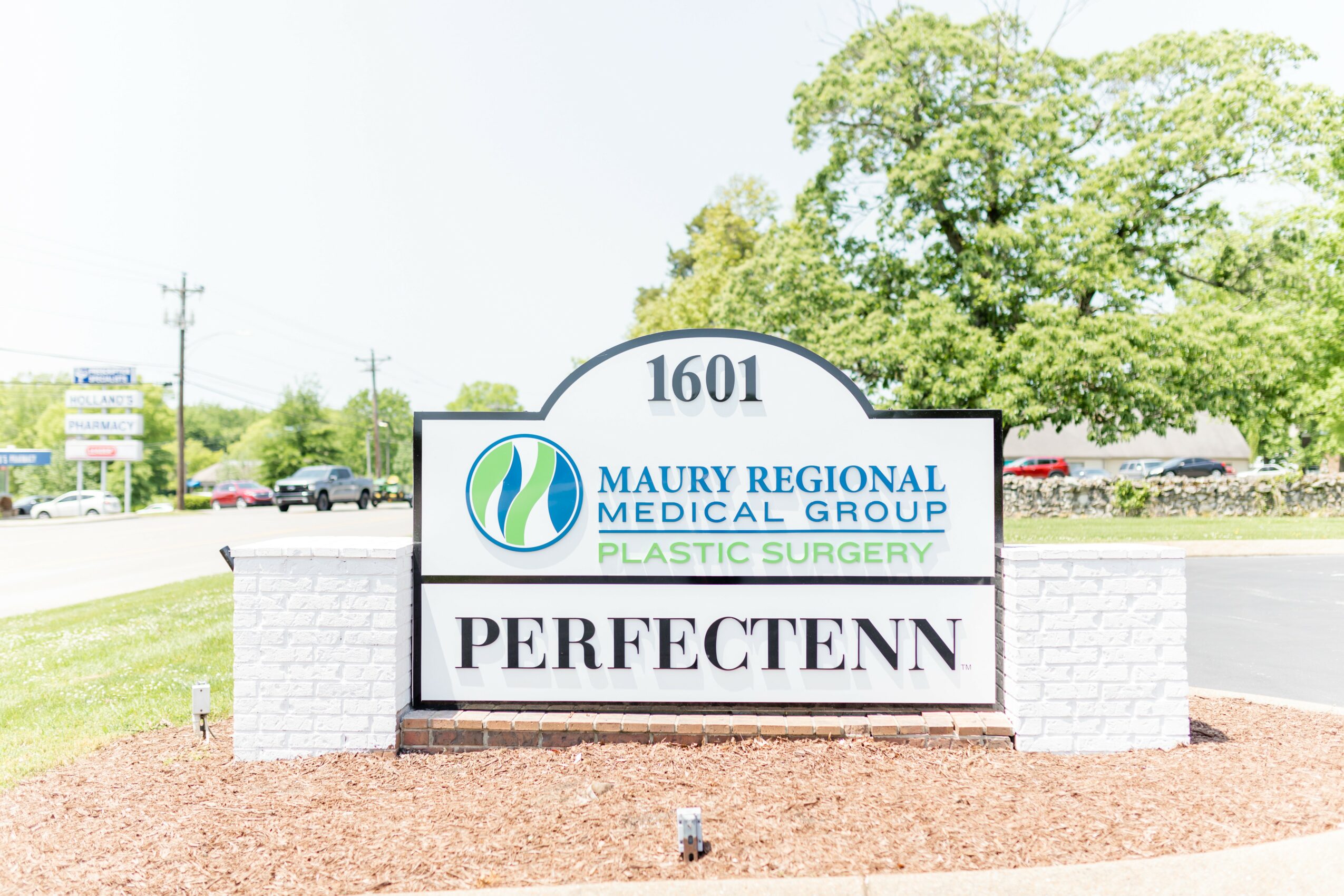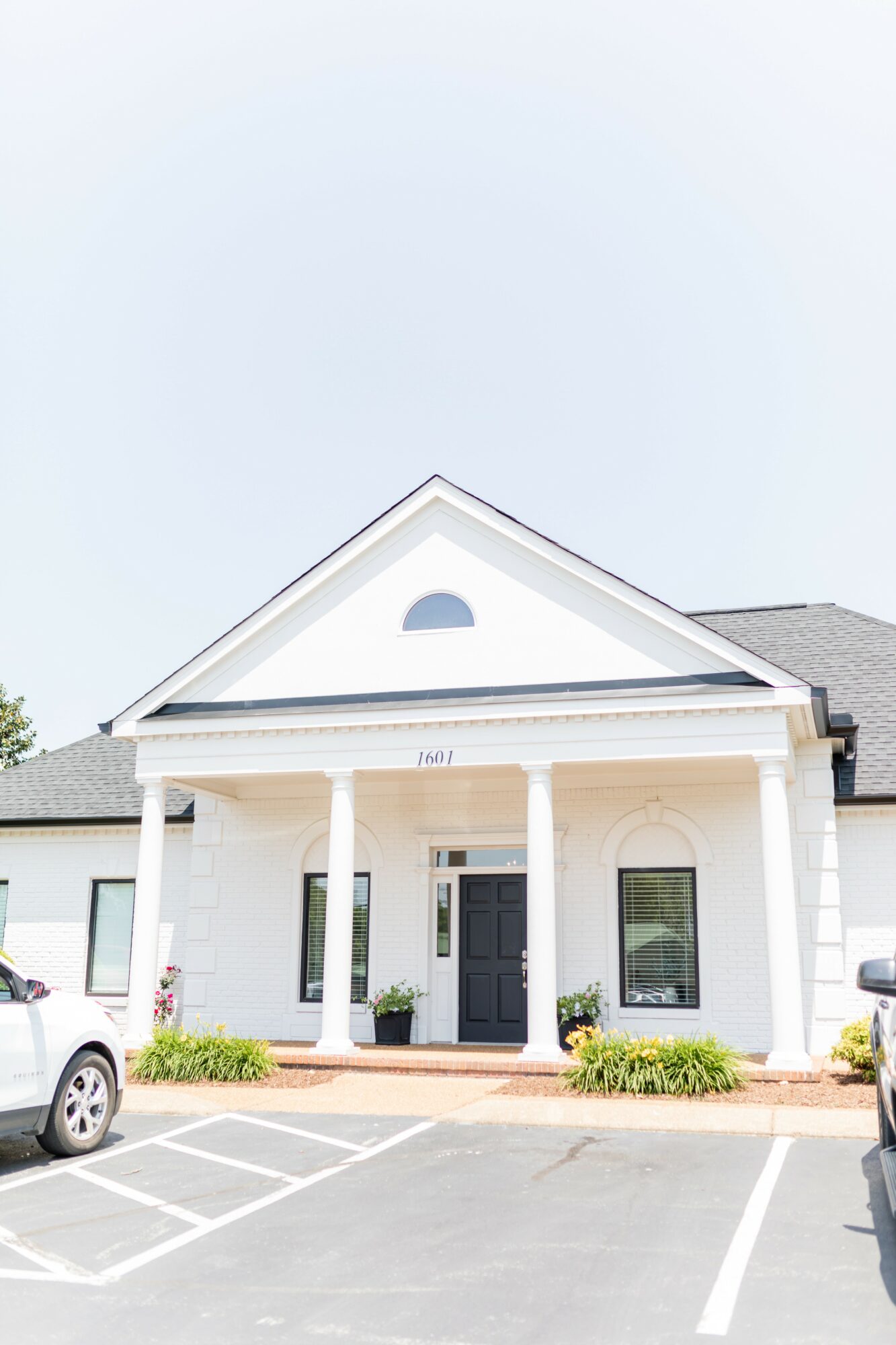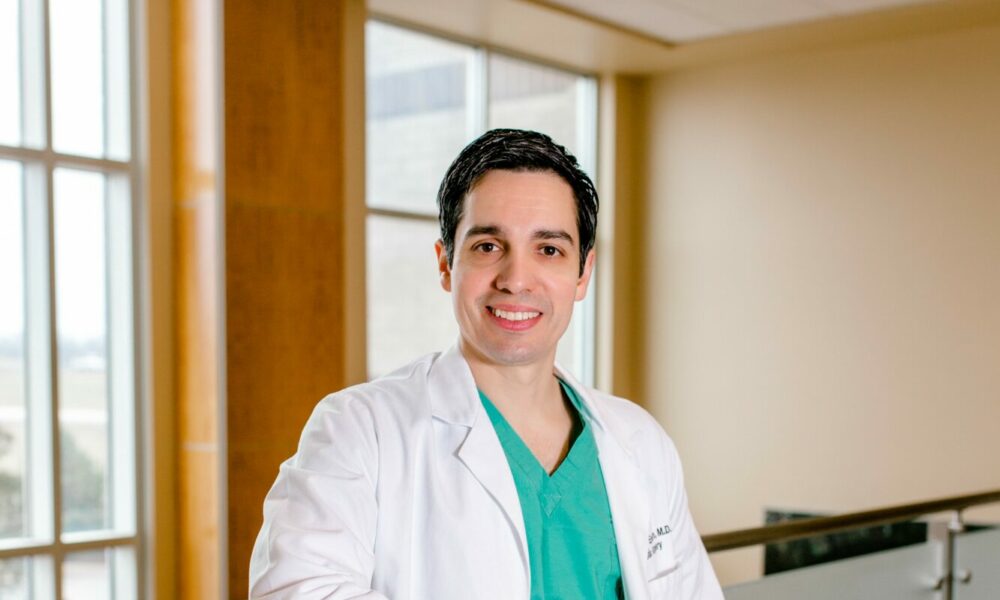

Today we’d like to introduce you to Matthew Endara.
Hi Matthew, we’re thrilled to have a chance to learn your story today. So, before we get into specifics, maybe you can briefly walk us through how you got to where you are today.
My story begins at a small catholic hospital in Chicago where I was born to a family practice physician from Ecuador and an ICU nurse born and raised in Chicago. To really understand someone’s story attention must be given to those who raised them. My mother was the only child of a Chicago cop who served in the Korean conflict and hairstylist. She went through the public school system to graduate high school and enter a nursing program. At an early age, she became the charge nurse of the ICU where she met my father. My father is an immigrant from Ecuador moving here at the age of 13 amidst a slew of tragedies. In their native country, my family had enjoyed wealth and status with my grandfather being a general in the Ecuadorian army and deeply involved in the politics of the time. He married a woman from the coastal city of Guayaquil, my grandmother, who became a pivotal character in the history of our family. My grandmother was a highly educated woman which at the time in that country was quite rare. She was passionate about learning and ensuring that her children would use education to succeed no matter what. When my father was approximately 9 years old she was tragically burned due to the backfire sometimes produced when lighting a gas stove. This is the point at which she came to the USA where she underwent reconstructive procedures at the Mayo Clinic in Minnesota. Her children were called for when she was well enough to care for them and joined her. During this time my grandfather suddenly passed away due to uncertain circumstances with assassination for political, monetary, or personal reasons being the chief suspect. After his passing the wealth and status previously afforded my father and siblings were completely gone.
They went from a high position in Ecuador to having very little in Los Angeles where they had ultimately relocated to. Despite multiple obstacles of his own my father was able to obtain an education at a dangerous LA public school, survived being drafted during the Vietnam war, attended medical school in Spain during the fascist regime of Franco, and completed his residency in family medicine at St Mary’s Hospital where I was ultimately born. I’ve learned so many lessons from my family’s experiences on the importance of hard work, self-reliance, compassion, and perspective for finding meaning in life. I was taught at a young age that money, wealth, and even what you look like can be taken away from you but are not the things that actually define you. When that happens it is the most important thing that you fall back on which is what you have learned in life, the real relationships you have made along the way, your family, your kindness, your work ethic, and your ingenuity. So that is the start of my story. I was born at the primary hospital my father practiced at and grew up in Chicago. I attended a small Catholic grammar school, followed by a Catholic High School followed by Northwestern University, and followed by Northwestern University Medical School. While in medical school I met the woman who would become my wife as she attended the doctorate of physical therapy program at the same school. I had a remarkable experience in medical school until entering my plastic surgery residency, which was at Georgetown University in Washington, DC. At Georgetown, I trained for six years under some of the best, most innovative, and most well-known plastic surgeons of the time. The training was truly unparalleled and included the entire array of plastic surgery from reconstructive to cosmetic procedures. I was very fortunate to gain an experience from them that was equal parts learning and doing. I truly believe that surgical education must involve a significant amount of surgeries, and Georgetown was known for just that. During my residency training, I authored and co-authored approximately 20 peer-reviewed journal articles, book chapters, and editorials in the field. My experience with medical research has since afforded me a unique perspective on how medical research is truly done. I can tell when it is done well and when it is not. It allows me to read a study and truly appreciate what went into it beyond what was written down on paper. During my 6 year residency, I proposed to and married my wife as well as welcomed my first child, a daughter, into the world.
Immediately following my experience at Georgetown I entered a private plastic and reconstructive surgery practice just outside of Chicago. The practice served multiple suburbs in the greater Chicagoland area. I had initially planned on furthering my training with an additional ‘fellowship’ year of training to be done in the field of microsurgery. When this opportunity to return to my hometown presented itself, however, my wife and I decided together it would be the best option as we both wanted to move back to be close to family and the city that we loved. Shortly into this practice, I realized that not only was this model not for me, but the city that I loved was no longer the same as I remembered. We had always been drawn to the Nashville area for the pace of life, values, people, and beauty it affords. In my third year of practice, I reached out to Maury Regional Medical Center. One of the very valuable lessons I learned while in Chicago was that being in a city can be wonderful but can also limit one’s practice based on the fact that there are usually plenty of surgeons already there with few unfilled needs. Widening your gaze to about 30 to 40 miles outside of a city, however, can allow for a much better opportunity to practice the way you want while helping a community that has unmet needs. I really appreciated this part of my practice in Illinois and had hoped to replicate it. I also now had a much better sense of the practice I had hoped to be part of or build where I was relocating to. I wanted to provide cosmetic and reconstructive surgeries at the highest levels available in the country but in a small town. I wanted to do so in a way that would also allow me to take care of people regardless of their insurance status. So, when I called Maury and spoke with the physician recruiter. I basically pitch myself and my skills to her. I called and said I noticed that you are a growing community and that you have an excellent breast cancer program, but only one breast reconstruction surgeon.
I talked to her and told her that I could offer surgeries that were typically only done in cities or academic institutions as I was already successfully doing so in Illinois. We had a wonderful conversation, but she said to me that “we have a plastic surgeon here that we are very loyal to and would not make any moves like this without his blessing “ I then didn’t hear from her for six months. I did not begrudge them for this but instead respected them. That kind of loyalty shown to their doctor was in my opinion fantastic. After that six-month period. I received a call out of the blue from the physician recruiter once more saying that the plastic surgeon had a change of heart and would I be willing to come down and interview. I had many conversations with their plastic surgeon, my current partner Dr. K Dwayne Fulks. I realized very quickly that it would be an excellent fit and sure enough it has been. I am happy to say that I have been in practice in Columbia TN for the past 5 years and absolutely love it.
In addition to my professional life, I am always trying to find time to spend with my wife and two children. I have gone on a variety of medical mission trips in Latin America throughout my career including one with my father to Ecuador treating children with cleft lips and palates.
Can you talk to us a bit about the challenges and lessons you’ve learned along the way? Looking back would you say it’s been easy or smooth in retrospect?
So when asked about challenges, it’s hard to pick just one. I can think of three that truly present themselves on a daily basis. The first one is a personal challenge, which is trying to find a work-life balance. I typically work long hours and it is quite abnormal for me to have an 8-hour workday. I have two children and a wife who I absolutely adore. It’s very hard for me to figure out where my time should be spent best on a given day because 12 hours of it is usually spoken for at work. I always have to be present for my patients. I always have to be caring for them and try to do my very best because they honor me by allowing me to be involved in their care. The least I could do was give it my all for them, which I always do. That does leave precious little time for the other parts of my life One of the other main challenges that I have is what a lot of us in medicine have, which is the changing face of healthcare in our country. It used to be that the doctor-patient relationship started and ended with taking care of their ailments. Though my procedures are not typically life-saving they are focused on quality of life-saving with the same approach taken. When working in the healthcare system this relationship is no longer so simple.
Physicians are now asked to take on a lot of different roles while trying to care for their patients, only a fraction of which involves taking better care of the person sitting in front of them. I think a lot of this is necessary, so I’m not trying to say woe is us for having to do these things, but it is a challenge. We are being asked to constantly learn new systems for record-keeping, billing, obtaining insurance approvals, fighting denials, coding medical services, etc. There are now so many systems and bureaucracies put in place that try and maximize one thing or another at the expense of what we’re all in it for, which is the patient. Most physicians, myself included, did enter medicine for with a true desire to help people. This unfortunately can take a backseat to maximizing profit or minimizing losses, or all of these things that really interfere with the patient-physician relationship, and it remains a challenge. One of the big benefits of cosmetic surgery, however, is that these interfering factors in many ways do not exist. Even though we’re taking care of elective cosmetic problems, oftentimes these are things that really weigh on people and impact their self-satisfaction. What’s nice about this system is that because the patient is paying you directly, you don’t have to worry about making some other entity such as the insurance company happy. You’re really there to take care of that patient. I wish more medicine were still like this. The cosmetic surgery world comes with its own challenges as well.
A major challenge for me in the cosmetic surgery market is the ever-expanding array of providers offering these services regardless of their experience and training. I do believe that the plastic surgeon is uniquely well qualified to be providing and overseeing these services. This is not only true from skills but also from a safety standpoint. It is my belief that anybody providing cosmetic surgery services should know not only the entirety of what is available but how to correct potential complications and bad outcomes. It is a challenge to reach patients and make sure that they are properly informed about the background of those providing these services so that they may make educated decisions on who they allow doing so.
As you know, we’re big fans of Maury Regional Medical Center. For our readers who might not be as familiar what can you tell them about the brand?
I am a plastic surgeon at Maury Regional Medical Center and have a wonderful mixed practice performing reconstructive and cosmetic surgeries. My reconstructive surgeries mostly involve breast cancer reconstructions, limb salvage cases, skin cancer reconstructions, and assisting other surgeons with challenging wounds. I am the medical director of our hospital-based wound center and a founding member of the limb salvage service line. In addition, I am the owner and CEO of PerfecTenn cosmetic plastic surgery and Medspa. We provide a wide array of cosmetic surgeries with some of our most common procedures involving body contouring after massive weight loss, breast lifts, breast augmentations, breast reduction, and removal of breast implants. We also perform a variety of procedures to rejuvenate the face after aging.
Finally, our Medspa provides everything from skin care product lines to facial injections, medical grade facials, microneedling, fat grafting to the face, and chemical peels. I am very proud of the practice being built to provide these services in Columbia in a highly principled way. I believe that practice must establish and adhere to principles and we have done just that. We treat our patients with the utmost care, compassion, and respect whether being seen for breast cancer or breast augmentation. We approach our decision-making process the same which is by using a strong foundation of knowledge of the human body with the most current research and innovation.
We’re always looking for the lessons that can be learned in any situation, including tragic ones like the Covid-19 crisis. Are there any lessons you’ve learned that you can share?
It is impossible to have gone through an experience like COVID, especially as a healthcare provider, and not have learned several profound lessons along the way. Probably the most important lesson that I learned was that during a time of crisis, it is so important to have a calm head with flexible thinking. As things were evolving and changing on an almost day-to-day basis, it was so important to remain thoughtful and not reactive or hysterical. To do this I found innovative ways to use any available data to help our practice make common-sense decisions on how to proceed on a day-to-day basis. As that happened, we had to pivot multiple times in my practice. There were days when I would perform little more than telehealth visits with my patients. Even such emergent cases and patients were still needing to be addressed. Complex wound and cancer diagnoses did not stop because of covid. We were therefore forced to find ways to allow us to perform these surgeries and see these patients as safely as possible. We instituted systems to test all of our patients before surgeries, which was quite a big undertaking, and did so very quickly and very efficiently. This allowed us to keep our doors open safely while finding alternative ways to connect with patients whenever possible and establishing guidelines for when the majority of our visits still had to be done in person. Developing these guidelines with a flexible mind also required us to have a very good handle on the actual data, which leads me to my next lesson.
My experience in medical research has afforded me a unique perspective on how to effectively use studies to make decisions. One very important point to realize is that people will oftentimes report on data that was actually gathered and analyzed by somebody else. In the medical world, this can take the name of a systematic review, meta-analysis, book chapter, or on an online summary site such as ‘Up-to-Date. This practice can be very helpful because it is a time saver wherein studies are effectively reported on and summarized. These summaries must be read with caution, however, as they can be presented in a way that is biased by those doing the summary. During COVID this habit was taken to an even more unhealthy dimension as it was brought into the mainstream via the media and social media being presented and interpreted by many people who not only did not perform the studies but had nothing to do with the medical profession. So when looking at how we were going to make guidelines for our practice, it was important that we look at the actual data ie the source material when making our decisions on how we would run things.
The final lesson that comes to mind really has to do with having patience with people. During the pandemic, we truly got a sense of how differently we can all approach the same problem. It is important to have patience with people as they process through and come up with their own way of handling a crisis situation. It is easy to try and blame one another for bad things happening, but in reality, we are all in this together. I think falling back on principles of compassion, kindness, autonomy, and respect helps you maintain patience with people trying to make sense of terrible situations. This is a skill I have picked up in caring for breast cancer patients in particular and applied here as well.
Contact Info:
- Website: www.perfectenn.com
- Instagram: @perfectennplasticsurgery
